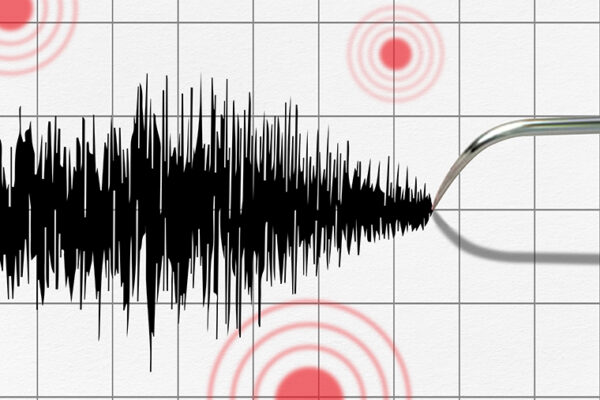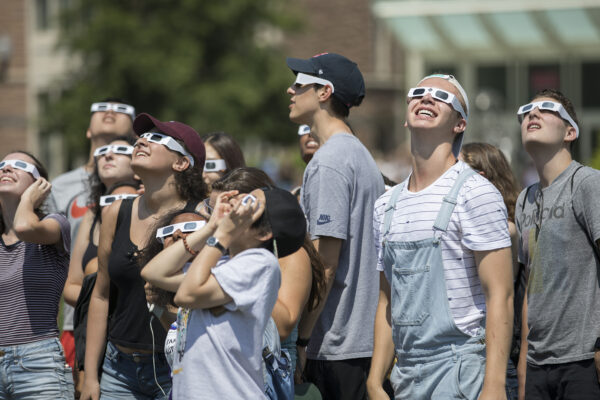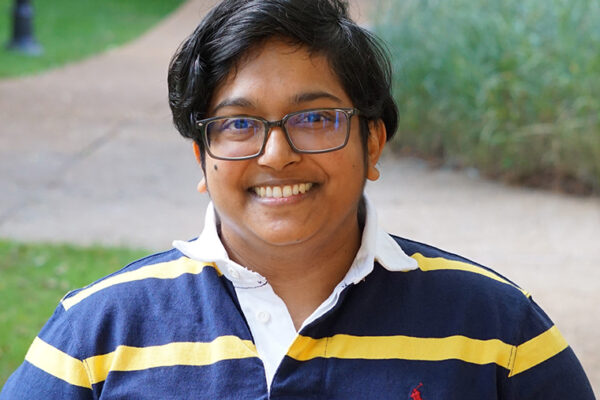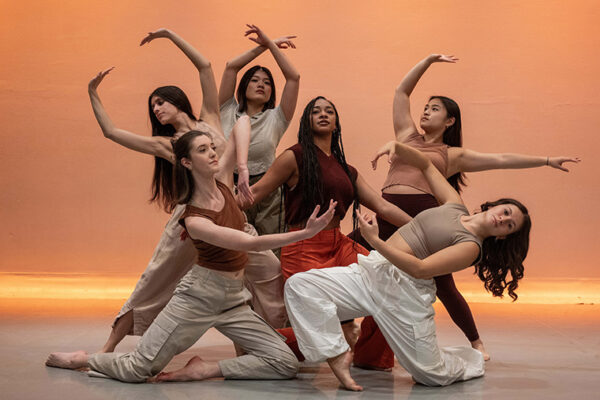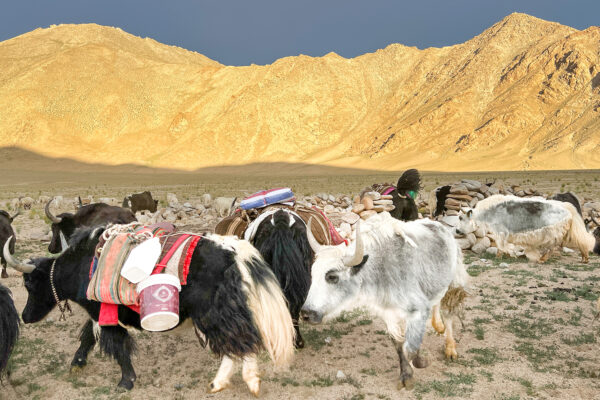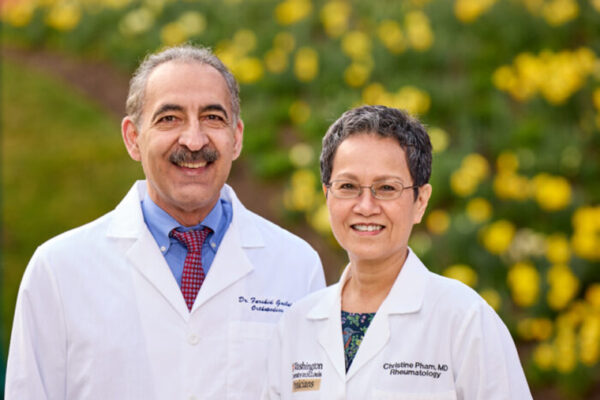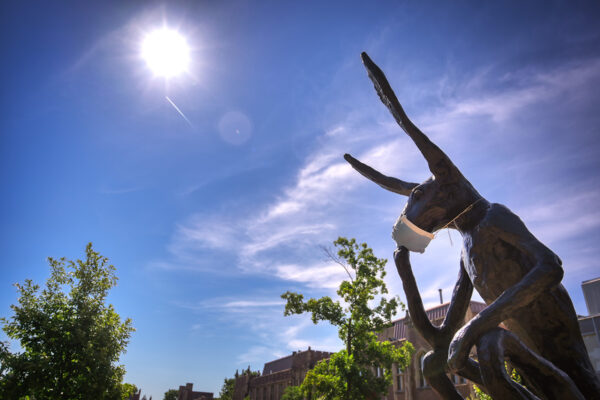Tremor a reminder that East Coast, Midwest earthquake threat is real
Although earthquakes may seem uncommon in the New York area, they are not unheard of — and there are similarities to earthquakes experienced in St. Louis, according to seismologist Doug Wiens in Arts & Sciences.
Three juniors selected as Goldwater Scholars
Three WashU students have received the Barry Goldwater Scholarship, a prestigious award that honors students who conduct research in the natural sciences, mathematics and engineering. The winners, all juniors, are Makenna Fluegel, Aidan Li and Sean Wang.
Grammy winner Christine Goerke April 28
Internationally renowned soprano Christine Goerke, known for her “blazing tone” (New York Times) and “voice of molten gold” (Toronto Star), will present “A Celebration of the American Diva” April 28 as part of the Great Artists Series, sponsored by WashU’s Department of Music in Arts & Sciences.
Media advisory: WashU experts in path of totality on eclipse day
Five planetary scientists from WashU’s McDonnell Center for the Space Sciences are available to speak with reporters from the path of totality for the Monday, April 8, solar eclipse. The scientists will be at Bollinger Mill State Historic Site in southern Missouri, near Cape Girardeau.
Samples offer glimpse of active Earth 2.5 billion years ago
Research led by geochemist Rita Parai in Arts & Sciences offers a glimpse of Earth’s history by tracking infinitesimal levels of noble gases in volcanic rocks. The new study is published in Earth and Planetary Science Letters.
WashU Dance Collective to perform
The Washington University Dance Collective, the resident dance company of the Performing Arts Department in Arts & Sciences, will present “Glimmers,” an evening of new and original choreography, April 5 and 6 in Edison Theatre.
Largest ice shelf in Antarctica lurches forward once or twice each day
A conveyer belt of ice jostles the entire Ross Ice Shelf out of place at least once daily, according to new research from Washington University in St. Louis.
Movement of crops, animals played key role in domestication
Over the last 15 years, archaeologists have challenged outdated ideas about humans controlling nature. Writing in the Proceedings of the National Academy of Sciences, Xinyi Liu in Arts & Sciences argues for a new conceptual bridge connecting the science of biological domestication to early food globalization.
Award of up to $31 million supports development of osteoarthritis treatment
A team of Washington University researchers has received an award of up to $31 million from the Advanced Research Projects Agency for Health to develop a single-injection treatment for osteoarthritis that promotes tissue regeneration and restores joints.
Pandemic course improved COVID-19 knowledge, study finds
A survey of nearly 1,000 people found Arts & Sciences’ course “The Pandemic: Science & Society” led to more accurate risk perception and stronger protective behaviors.
View More Stories
